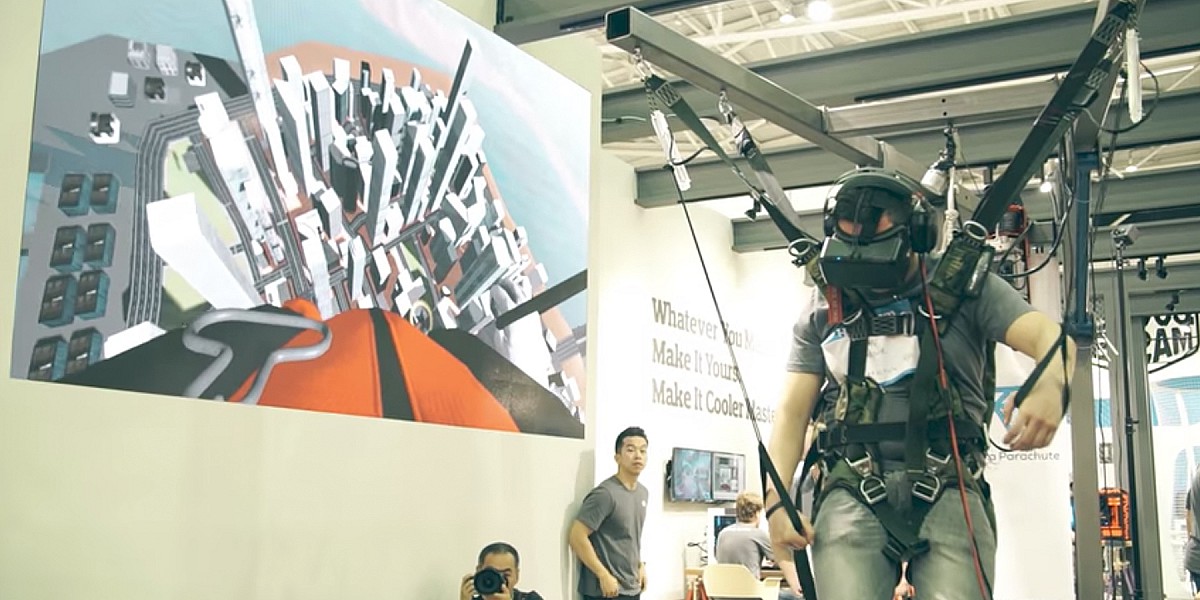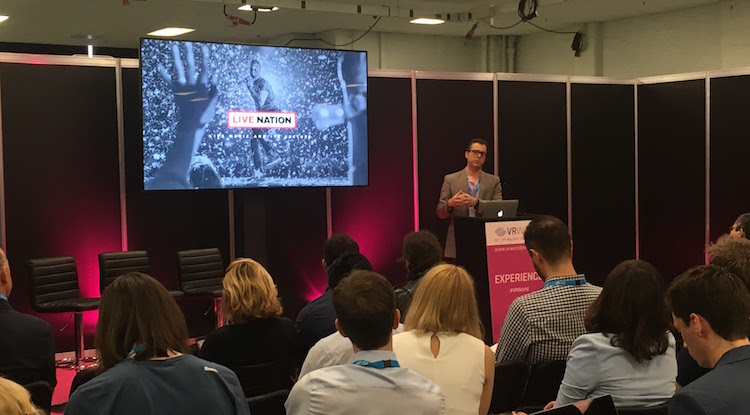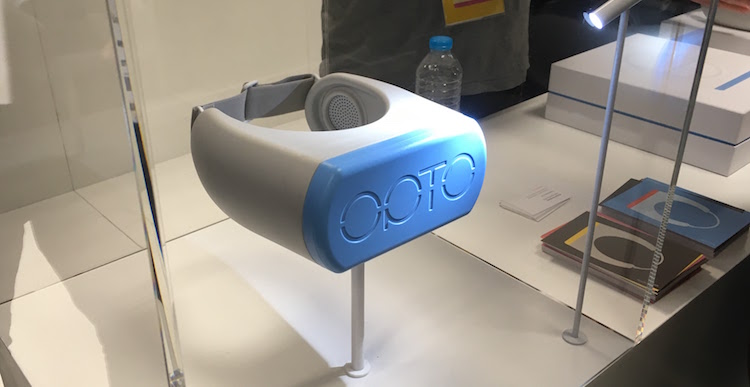
Virtual Reality, The New Reality For The Music Industry?
VR. I’ve heard this acronym batted around a lot over the past two years or so, and it was only until recently that I genuinely started to engage in the medium and realise the true impact it is having and will have on the world around us. My attendance at VRWorld, the conference and exhibition on all that is Virtual Reality, Augmented Reality and Mixed Reality at Olympia London opened my eyes to this somewhat. In one day, I jumped off a building, transported myself to a fantasy woodland in a flying car and designed my own home in a matter of minutes. The experiences I’ve referenced reflect that VR is a platform that most comfortably fits within the gaming industry. However, during my time at VRWorld I was also exposed to the already successful and further opportunities developing for VR, as a growing number of brands are choosing to invest in the medium for education, health, engineering, architecture, journalism and most relevantly, music.

In recent years, we have seen that VR has become a pervasive medium for many artists as an extension of art. Perhaps more transparently VR is fast becoming a tool which is further strengthening the symbiotic relationship between artists and brands. And it’s no surprise what kind of brands are investing in artists and trailblazing its usage. Queen with Google Play; Bjork with HTC; Muse with Apple Music and Gorillaz with a fair few (Google, Sonos and Deutsche Telekom). These brands and artists are advocates of the platform’s ability to engage with fans like never before – enabling a wholly sensory experience with their music.
While they’re all playing with VR in new and interesting ways, it does beg the question, does it actually ever come close to the very human feelings and experiences of actually being at a gig? Listening to an album for the first time in your room? Or meeting your idol face-to-face? What about hearing the first chord of the song at a gig you didn’t stop listening to for months and singing along with the strangers next to you, that you suddenly feel a little closer to? I’m not sure.

However, we’d be missing the point completely if we think VR will act as a replacement rather than a supplement of our experiences. Especially with the development of Live VR. If I think back to my 12-year-old self, not having quite reached the age where I was allowed to attend a music concert without parental supervision, had I had the opportunity to still be there in a more immersive way than the TV, to feel like I was next to the drum kit of Meg White, I think I would have found that pretty cool. Or when I finally was old enough, if VR could have facilitated a continuation of my experience post-gig, crystallising my memories enabling me to relive the gig again and again, that would have been a powerful thing for my love of the artist, and my trust in the medium itself.
Virtual Reality is still very much in its infancy, and as it continues to develop, it will be interesting to see how it will change and shape our experiences with not just music but film, news and media. VR. It’s an ever-evolving medium, and the virtual sky is the limit from here.
